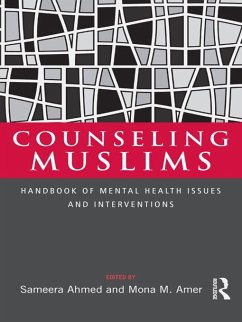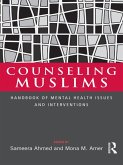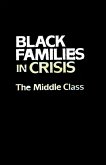A young female client presents with anorexia nervosa and believes that her problem has its roots in magic; parents are helpless in the face of their son's substance abuse issues; an interracial couple cannot agree on how to discipline their children. How would you effectively help these clients while balancing appropriate interventions that are sensitive to religious, cultural, social, and gender differences? This handbook answers these difficult questions and helps behavioral health practitioners provide religio-culturally-competent care to Muslim clients living in territories such as North America, Australia, and Europe. The issues and interventions discussed in this book, by authoritative contributors, are diverse and multifaceted. Topics that have been ignored in previous literature are introduced, such as sex therapy, substance abuse counseling, university counseling, and community-based prevention. Chapters integrate tables, lists, and suggested phrasing for practitioners, along with case studies that are used by the authors to help illustrate concepts and potential interventions. Counseling Muslims is also unique in its broad scope, which reflects interventions ranging from the individual to community levels, and includes chapters that discuss persons born in the West, converts to Islam, and those from smaller ethnic minorities. It is the only guide practitioners need for information on effective service delivery for Muslims, who already bypass significant cultural stigma and shame to access mental health services.
Dieser Download kann aus rechtlichen Gründen nur mit Rechnungsadresse in A, B, BG, CY, CZ, D, DK, EW, E, FIN, F, GR, HR, H, IRL, I, LT, L, LR, M, NL, PL, P, R, S, SLO, SK ausgeliefert werden.









